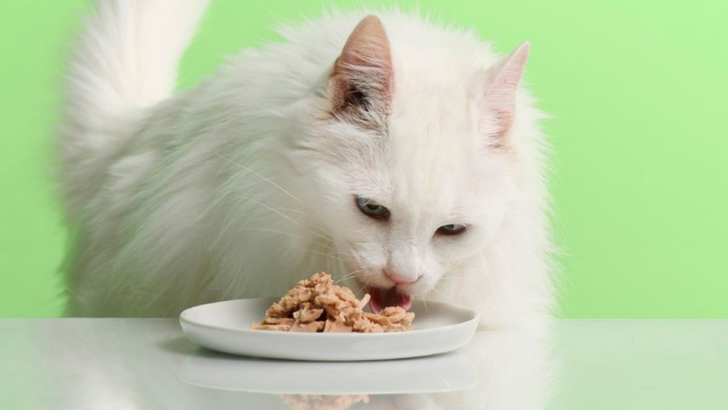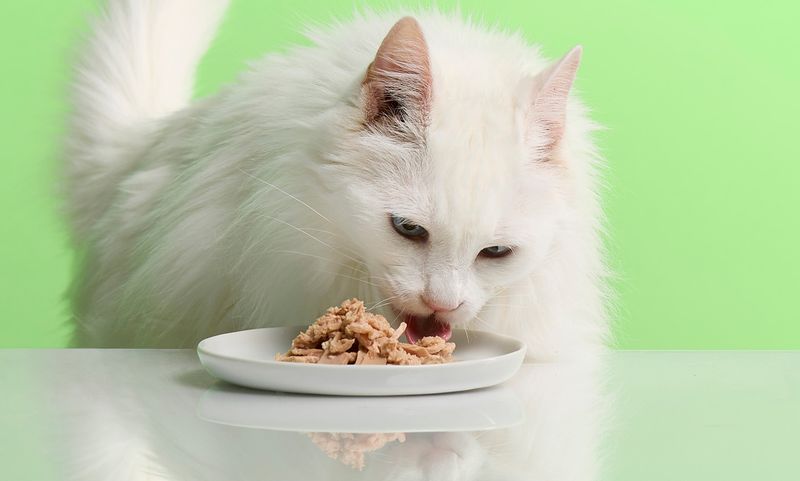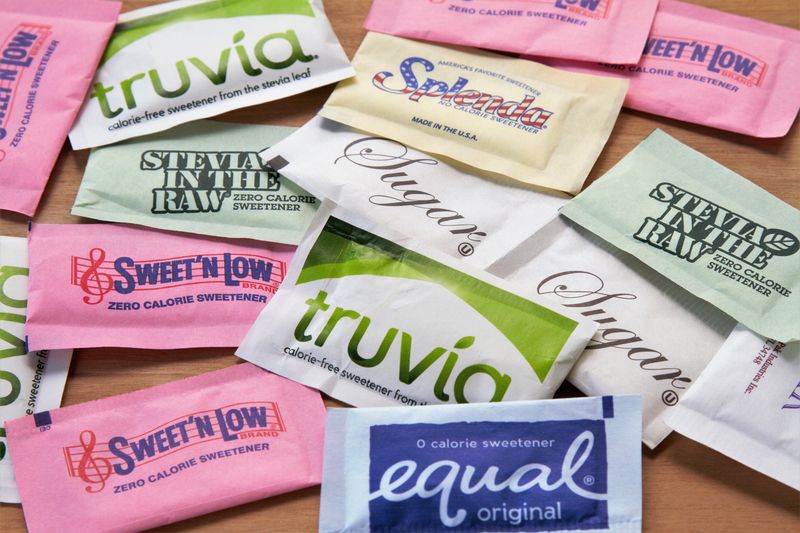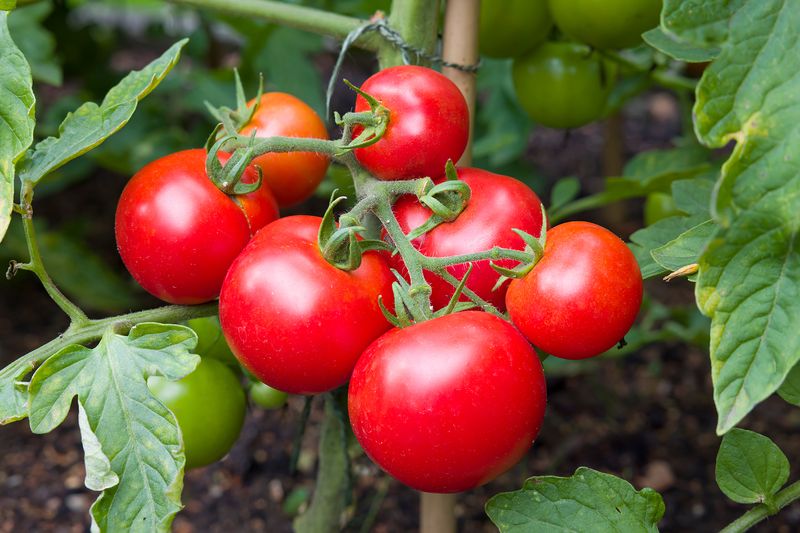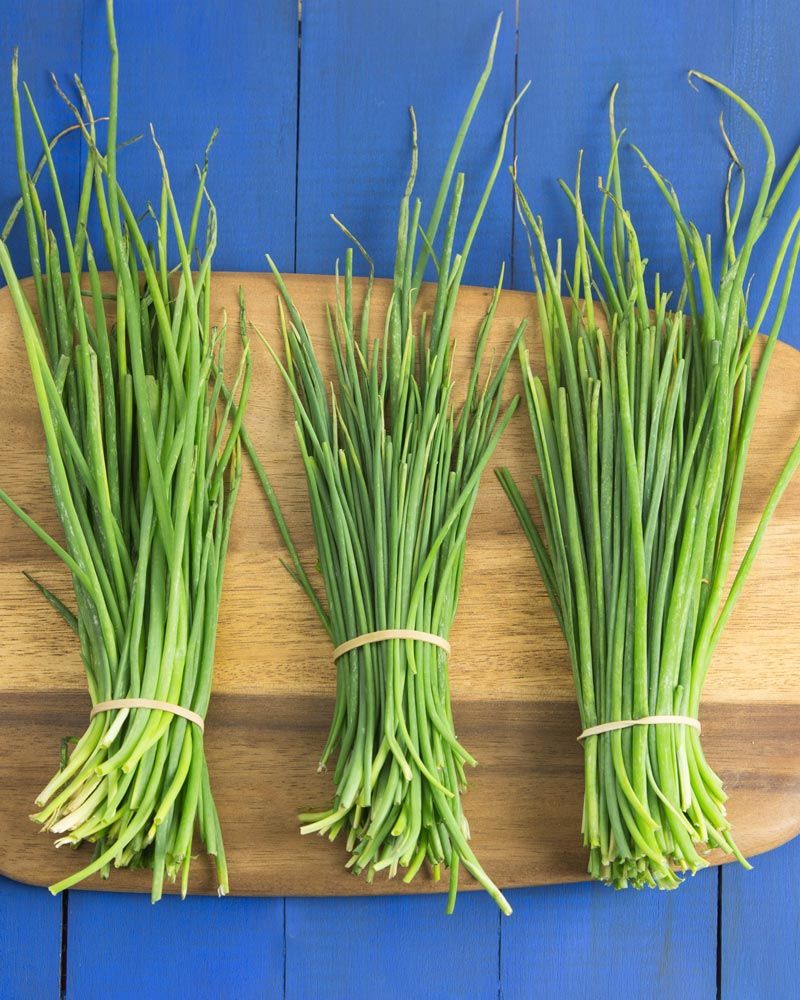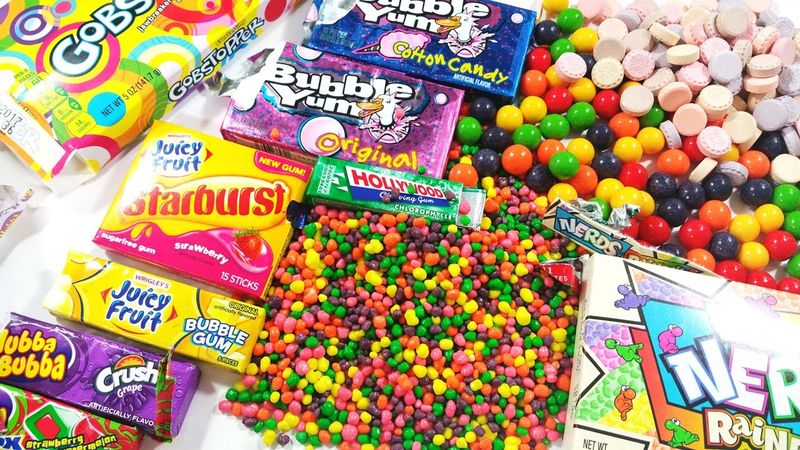Cats are curious creatures who love to investigate anything that catches their attention—including your dinner. While sharing a snack with your feline might seem harmless, some human foods can spell big trouble for them.
Cats have unique dietary needs and sensitive systems that aren’t built to handle many of the treats we enjoy, so here’s a guide to the food items your cat should stay away from at any cost.
1. Chocolate
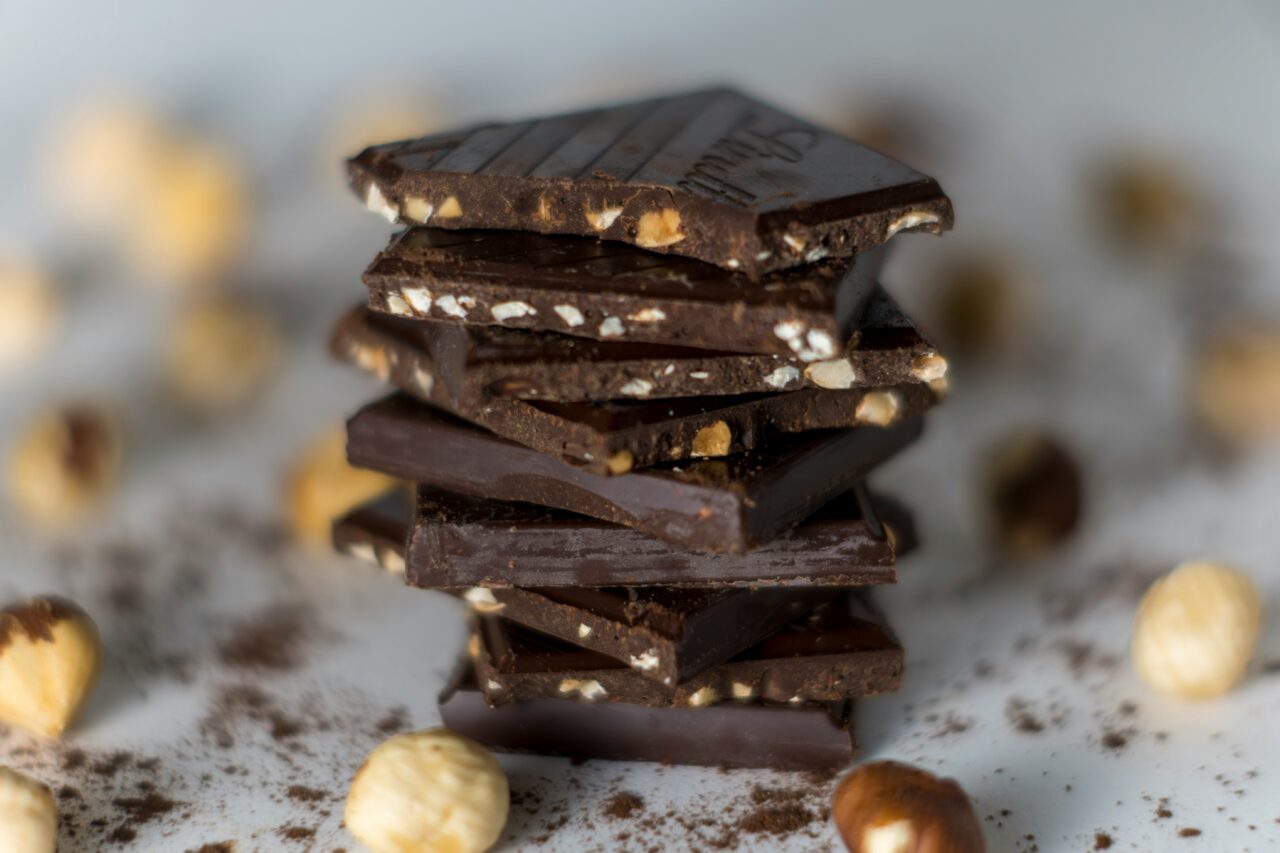
Chocolate might be your guilty pleasure, but it’s toxic to cats. The theobromine and caffeine in chocolate can cause severe health issues. Dark chocolate and baking chocolate are especially dangerous, though even milk chocolate can lead to trouble.
If you’ve got a sweet tooth, be sure to stash your treats where your cat can’t get them.
2. Onions and garlic
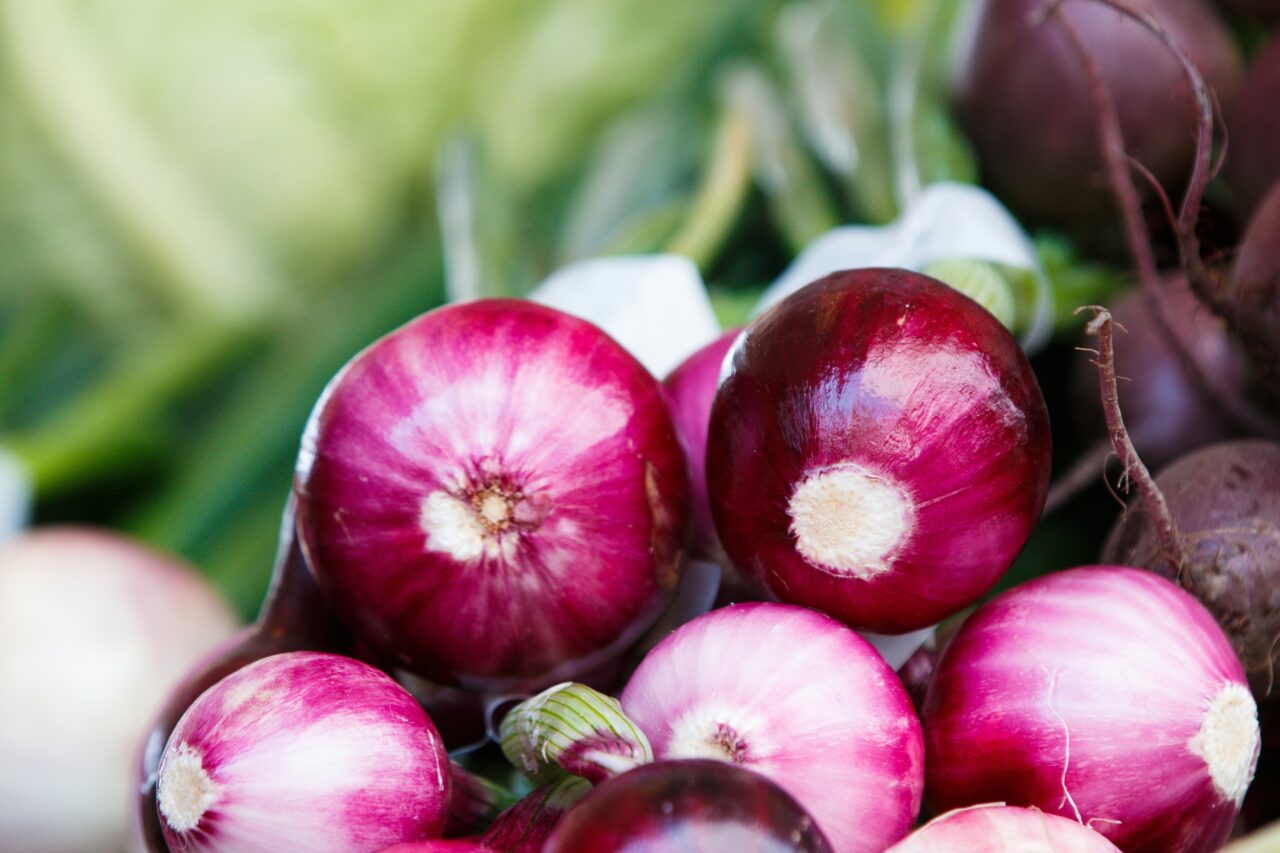
Onions and garlic, whether raw, cooked, powdered, or even dehydrated, are toxic to cats. They can damage red blood cells, leading to anemia. Even small amounts hidden in table scraps or seasoned foods can harm your cat.
3. Grapes and raisins
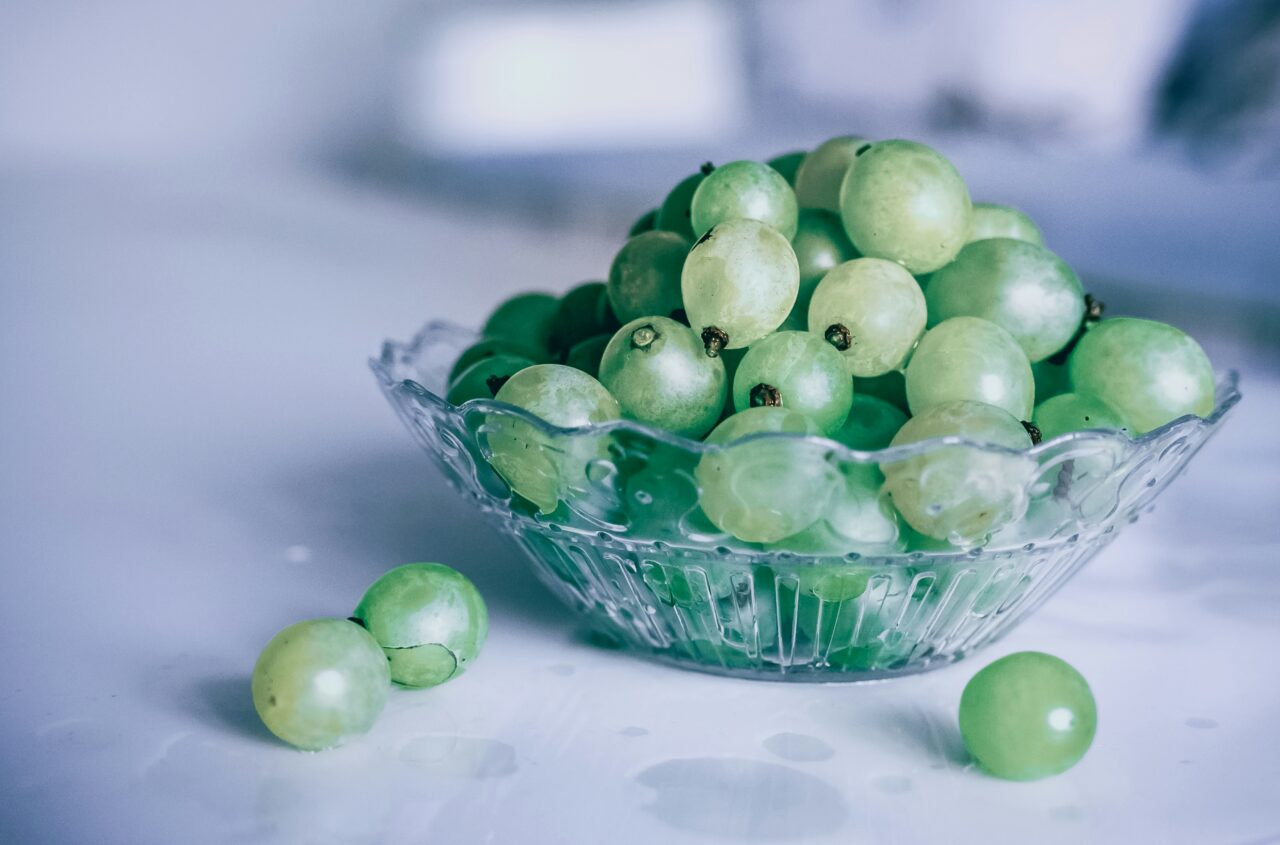
Grapes and raisins may seem harmless, but they can cause kidney failure in cats. Even a single grape can pose a serious risk. These small fruits are often found in snacks or baked goods, so it’s essential to keep them well out of reach.
4. Alcohol
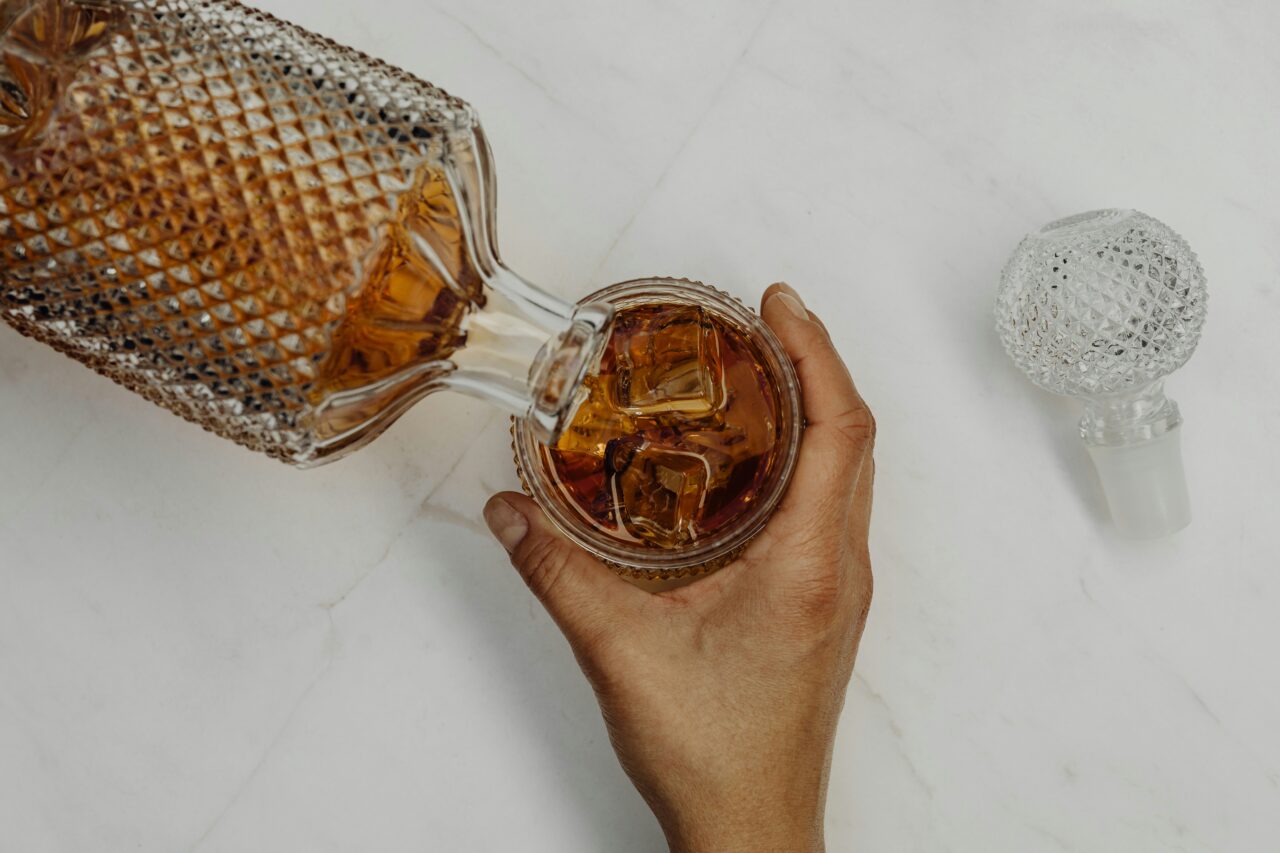
Alcohol in any form is extremely dangerous for cats. Whether it’s found in drinks, desserts, or cooking, alcohol can quickly lead to poisoning. Cats are much smaller than humans, meaning even trace amounts can have severe consequences.
5. Caffeine

Caffeine, found in coffee, tea, soda, and energy drinks, is no friend to your feline. It can overstimulate a cat’s heart and nervous system, leading to serious health problems. Be cautious about leaving your coffee mugs or energy drinks unattended, as even small sips can be harmful.
6. Dairy
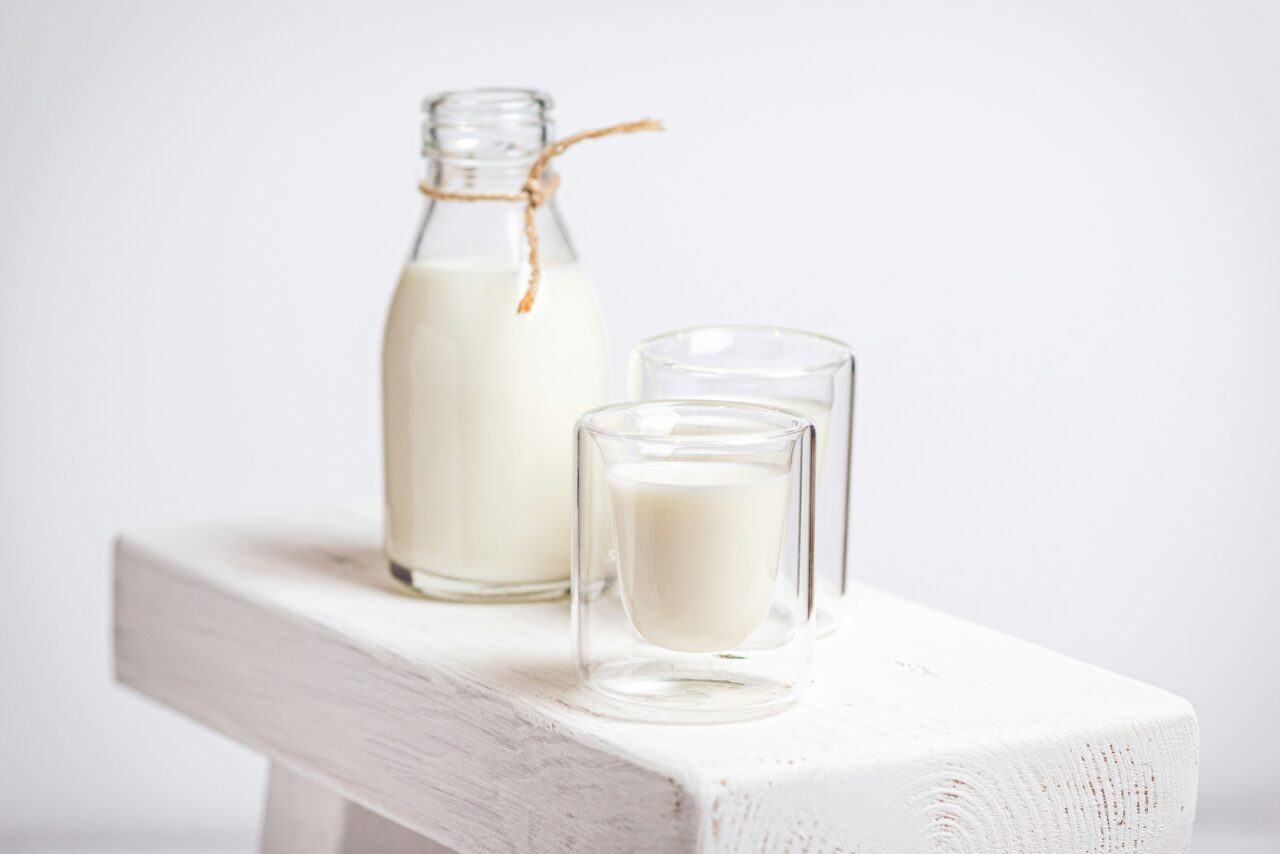
Despite the classic image of cats drinking milk, most of them are actually lactose intolerant.
Dairy products like milk, cheese, and cream can lead to digestive issues, leaving both you and your cat in an uncomfortable situation. If you want to treat your kitty, stick to lactose-free cat milk designed specifically for them.
7. Raw eggs, meat, and fish
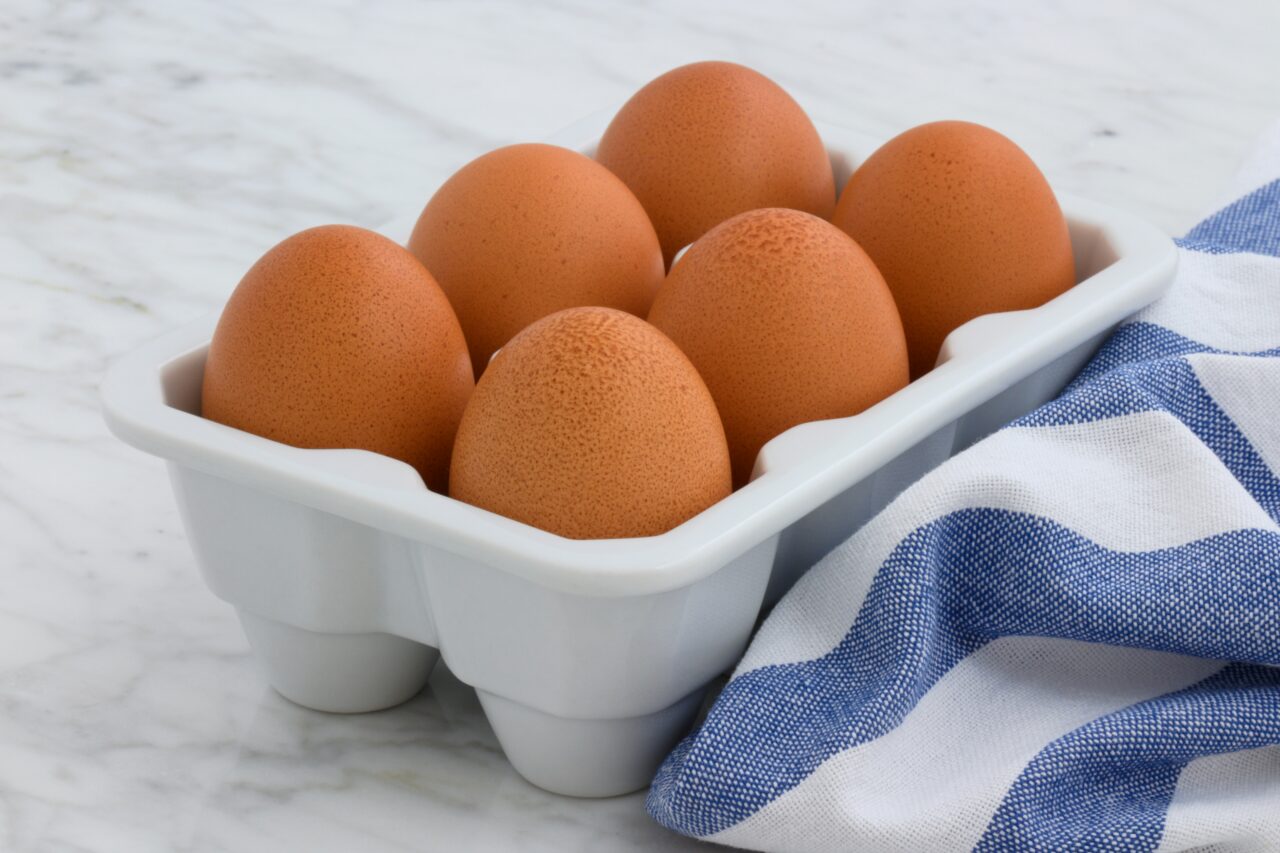
Raw foods might seem natural, but they come with risks. Raw eggs, meat, and fish can expose cats to harmful bacteria like salmonella or E. coli.
Additionally, raw fish contains an enzyme that destroys essential B vitamins, which can cause neurological issues over time. If you’re considering a raw diet for your cat, consult a vet to ensure it’s done safely.
8. Xylitol
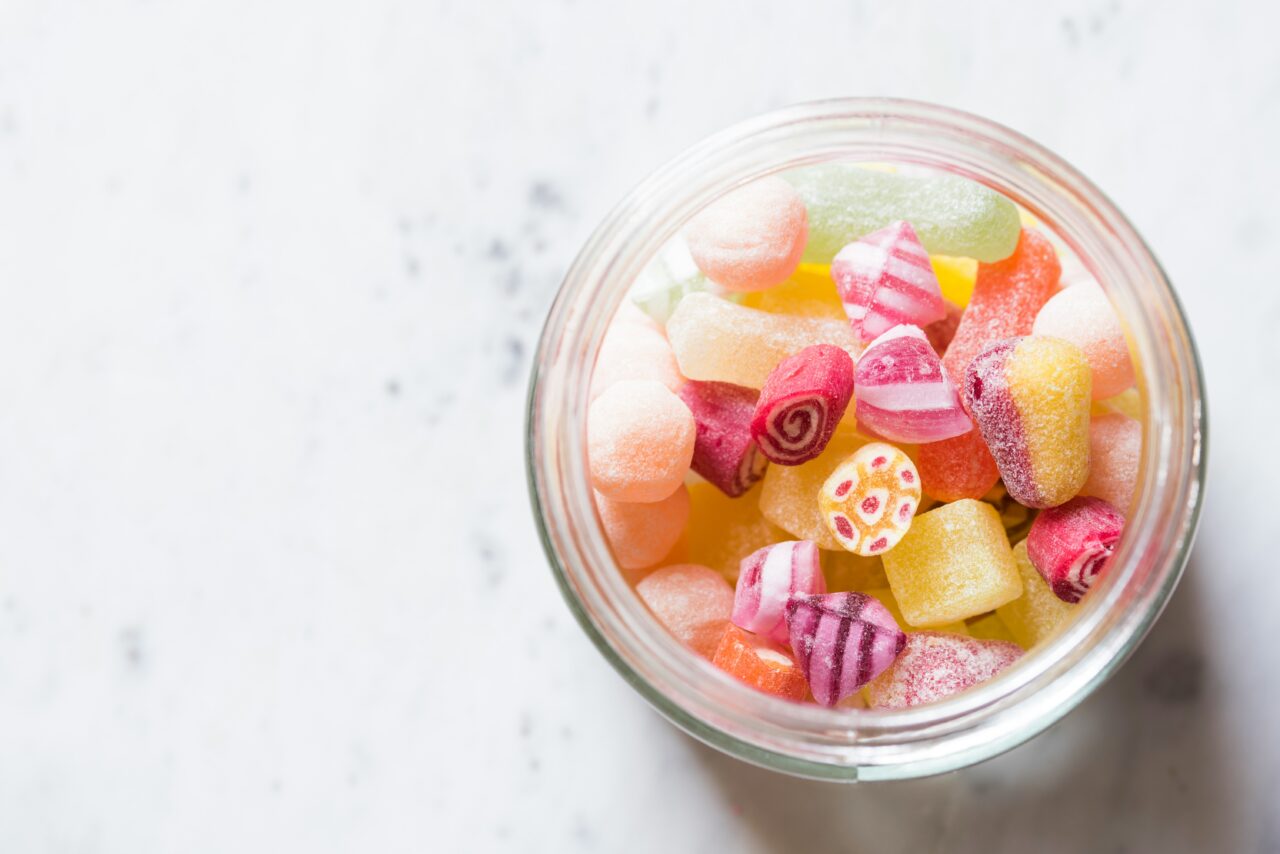
Xylitol, a sugar substitute found in sugar-free gum, candies, and even baked goods, is highly toxic to pets. While it’s more dangerous for dogs, it can still pose risks for cats, potentially leading to serious health issues.
In this case, It’s probably best to err on the side of caution, and completely avoid offering any food that might contain artificial sweeteners.
9. Bones and fat trimmings
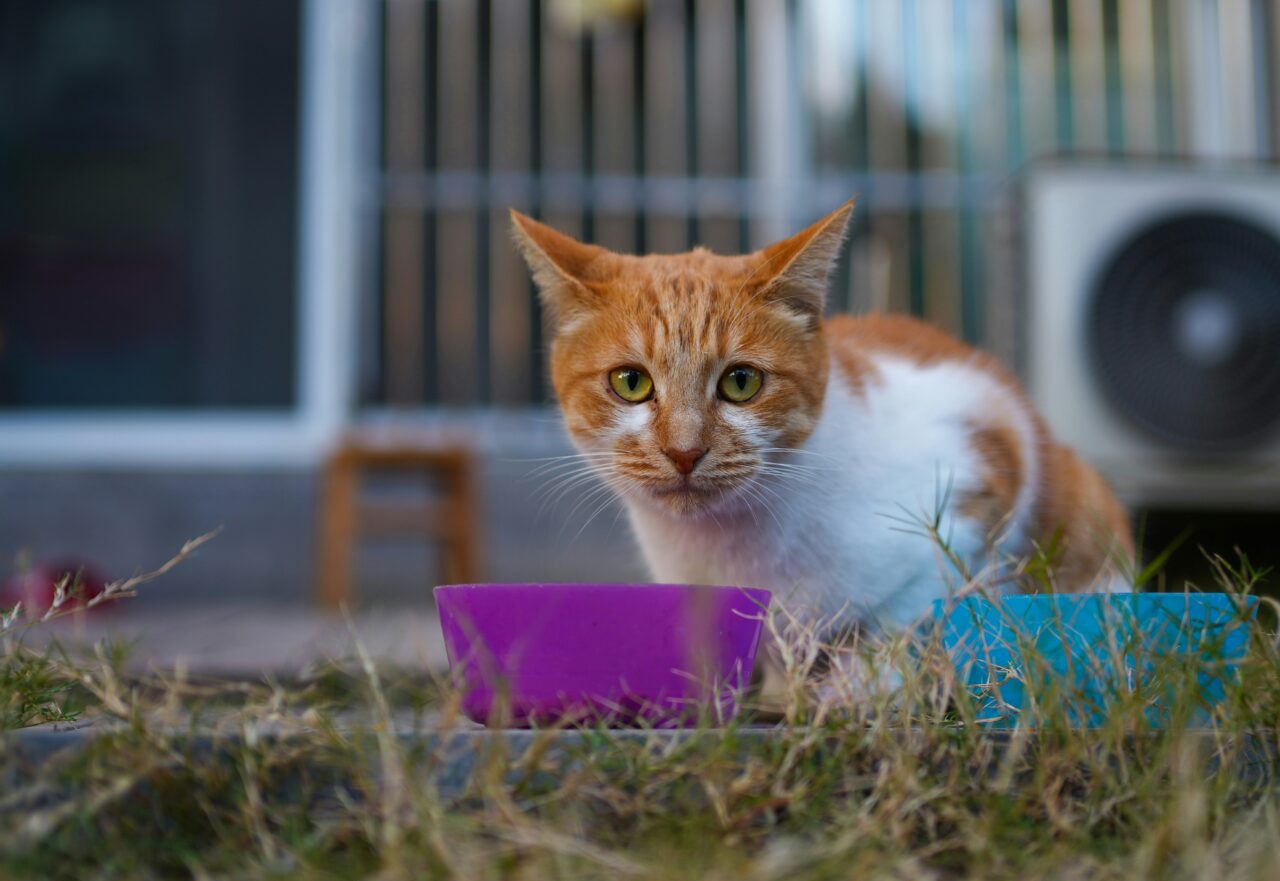
It might seem natural to share a bone or some fatty leftovers with your cat, but these can be harmful. Bones can splinter and cause choking or internal injuries, while fat trimmings can lead to pancreatitis.
Instead of table scraps, treat your kitty to safe, vet-approved snacks.
10. Raw dough
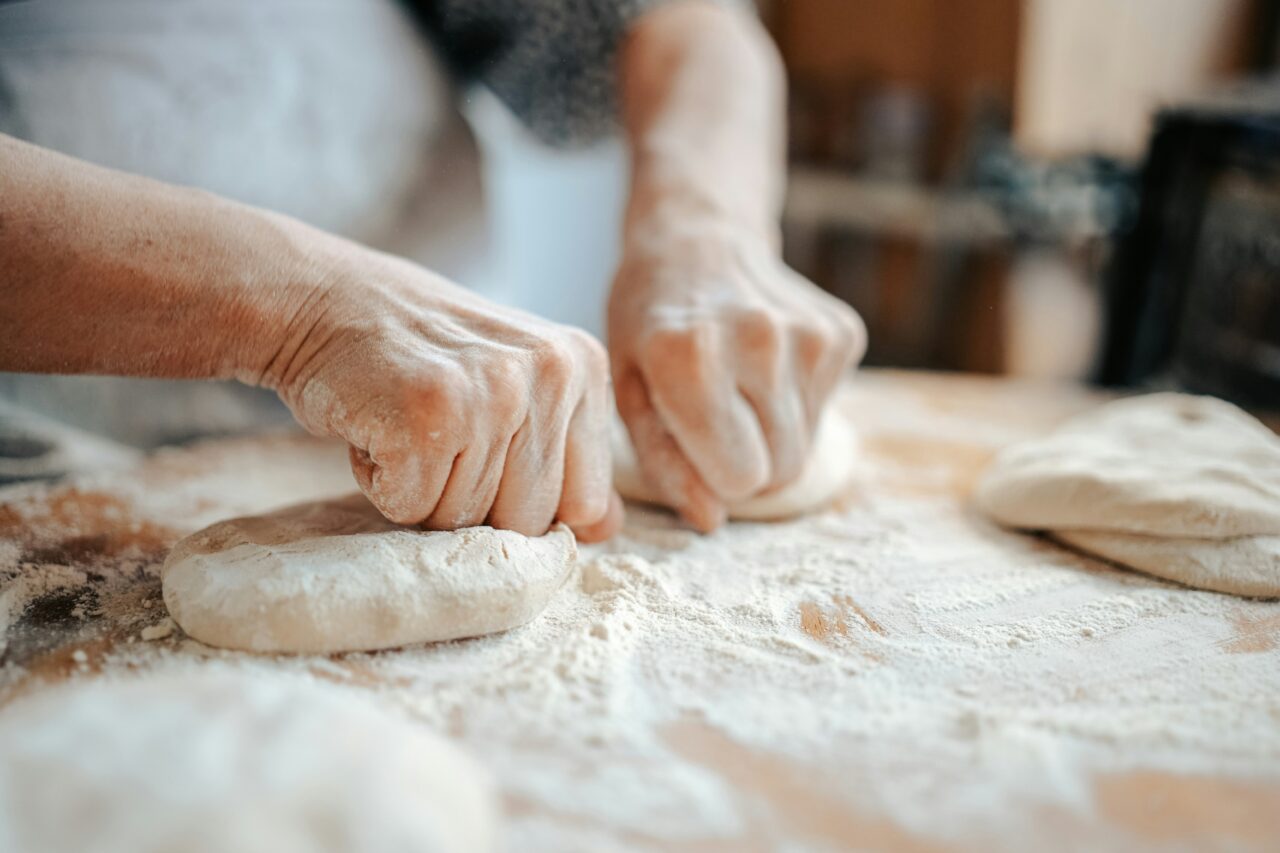
Unbaked bread dough can expand in your cat’s stomach, causing bloating and severe discomfort. The fermentation process can also produce alcohol, adding another layer of danger.
If you’re baking, be sure to keep any rising dough far away from your cat’s reach.
11. Avocado
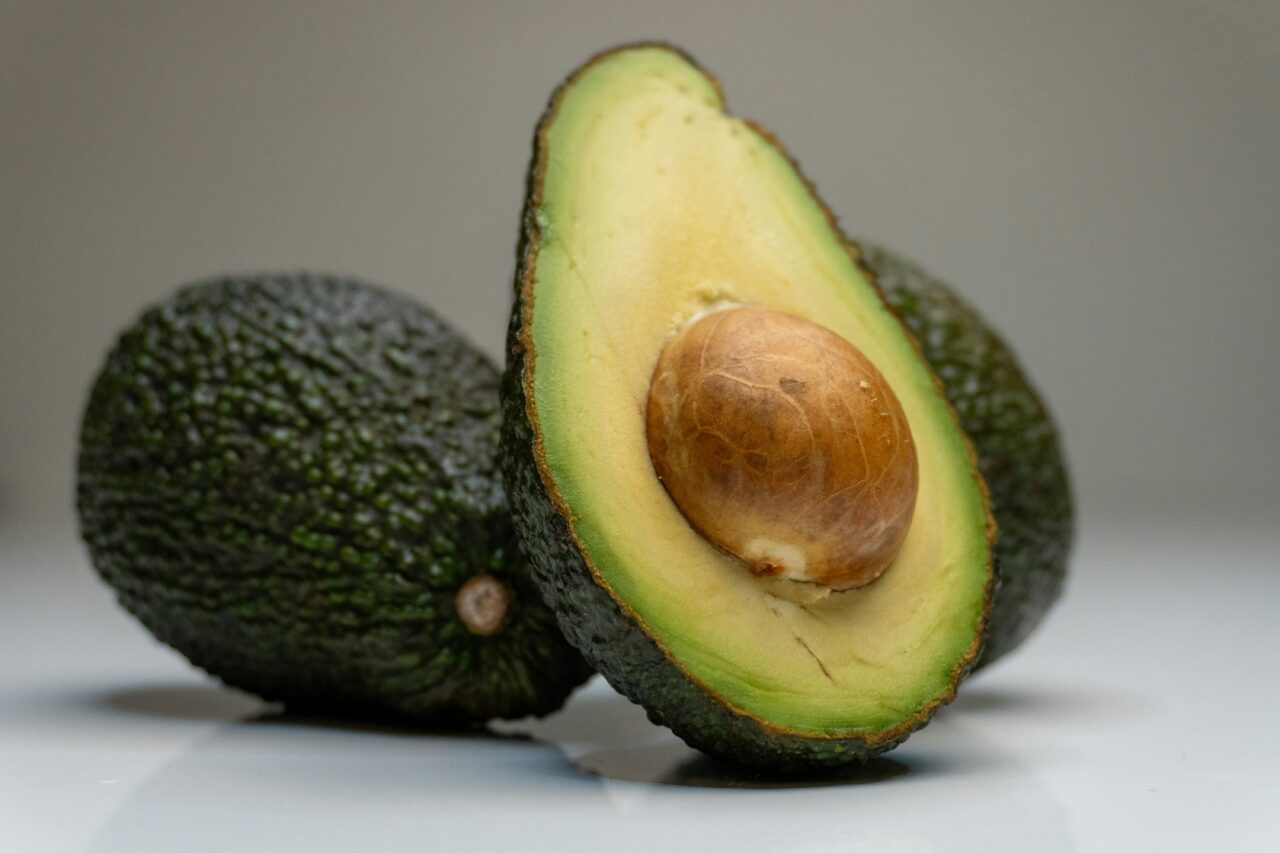
Avocado may be a superfood for humans, but it’s not a safe choice for cats. The fruit contains persin, which can be toxic, especially in large amounts. The pit is also a choking hazard, so it’s best to keep avocados off the menu for your feline friend.
12. Salty foods
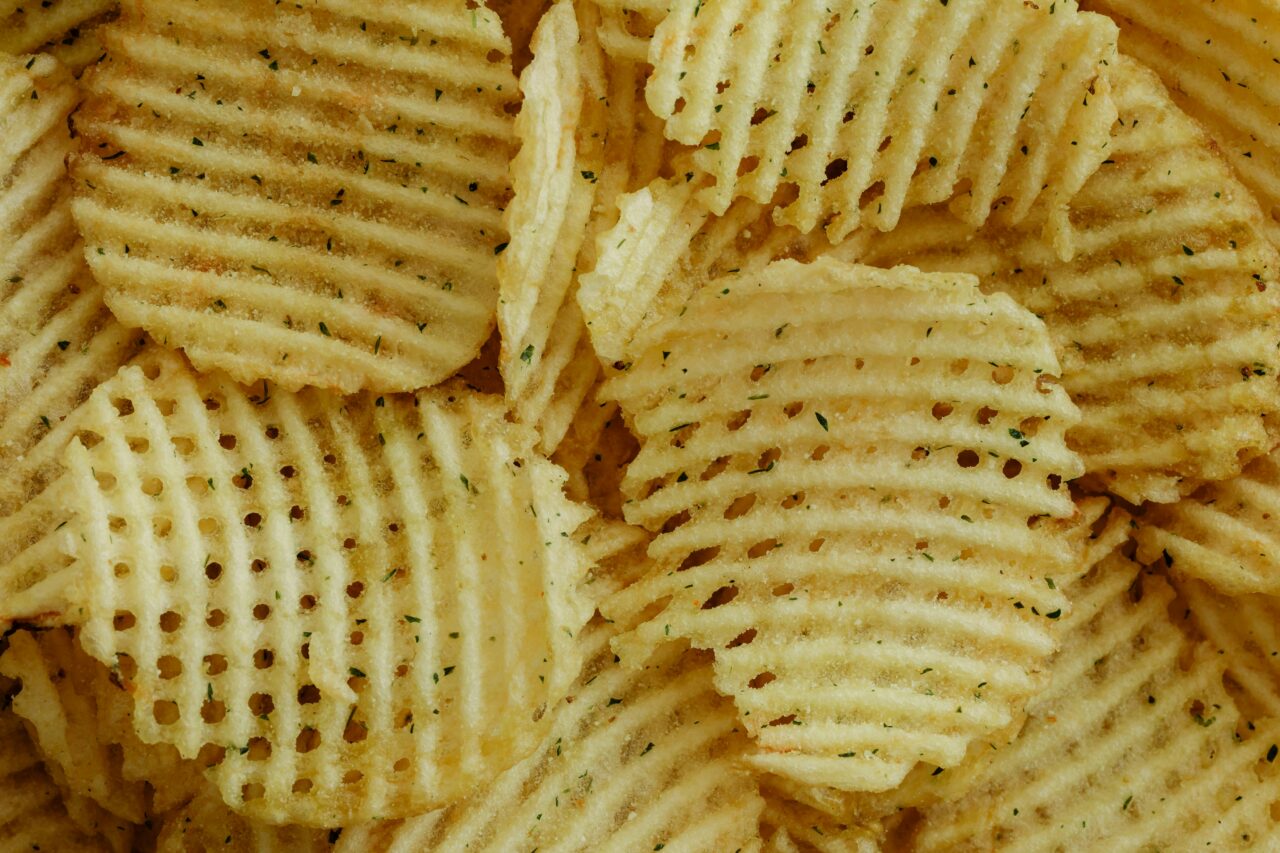
Cats don’t need extra salt in their diet, and salty snacks like chips, pretzels, and processed foods can lead to health problems. Cats are much smaller than humans, so even a little extra salt can throw off their delicate balance.
If you want to give your cat a snack, stick to cat-safe, low-sodium treats to keep them healthy.
13. Citrus fruits
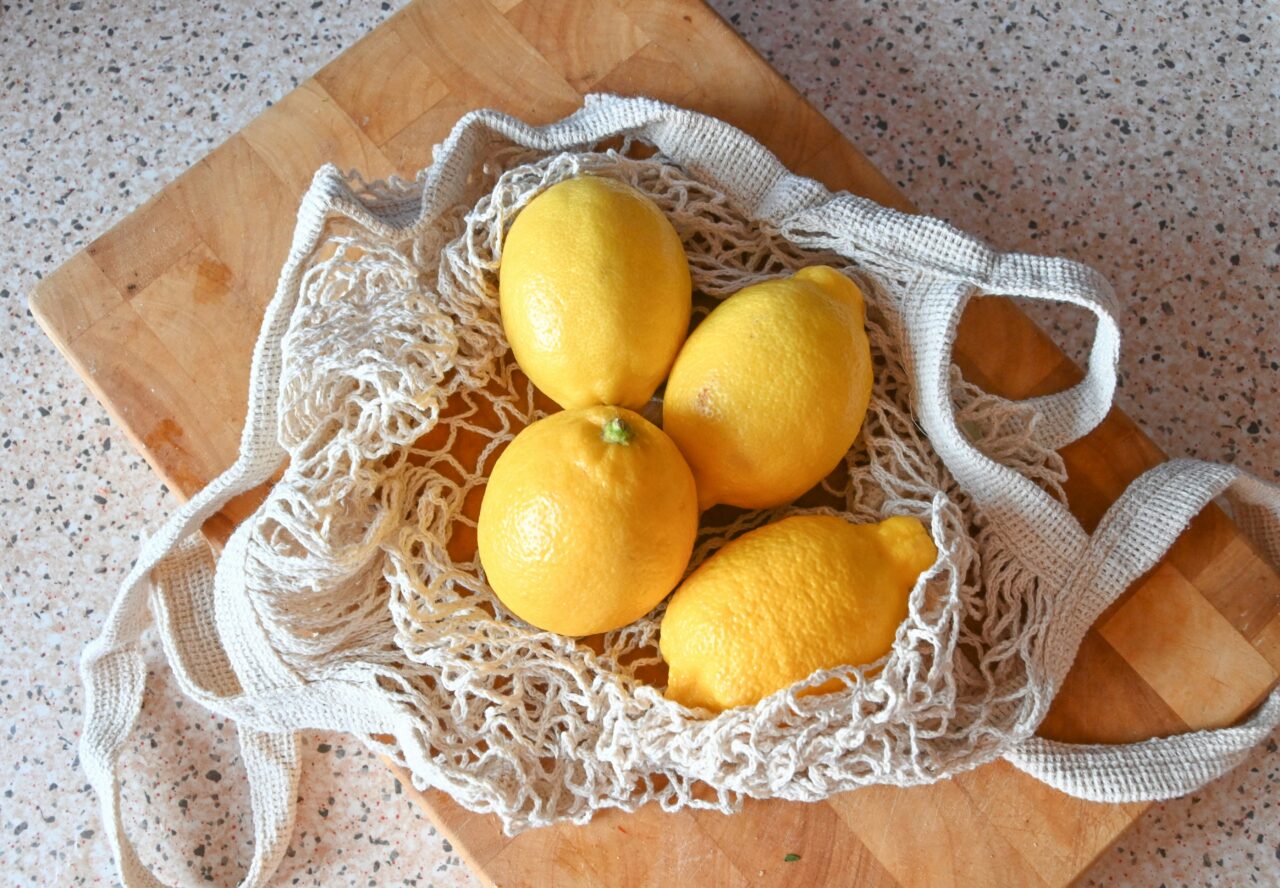
Citrus fruits like lemons, oranges, and limes contain essential oils and compounds that can irritate a cat’s digestive system. While the strong scent of citrus often keeps cats away, it’s still a good idea to ensure these fruits are inaccessible to curious noses.
14. Nutmeg
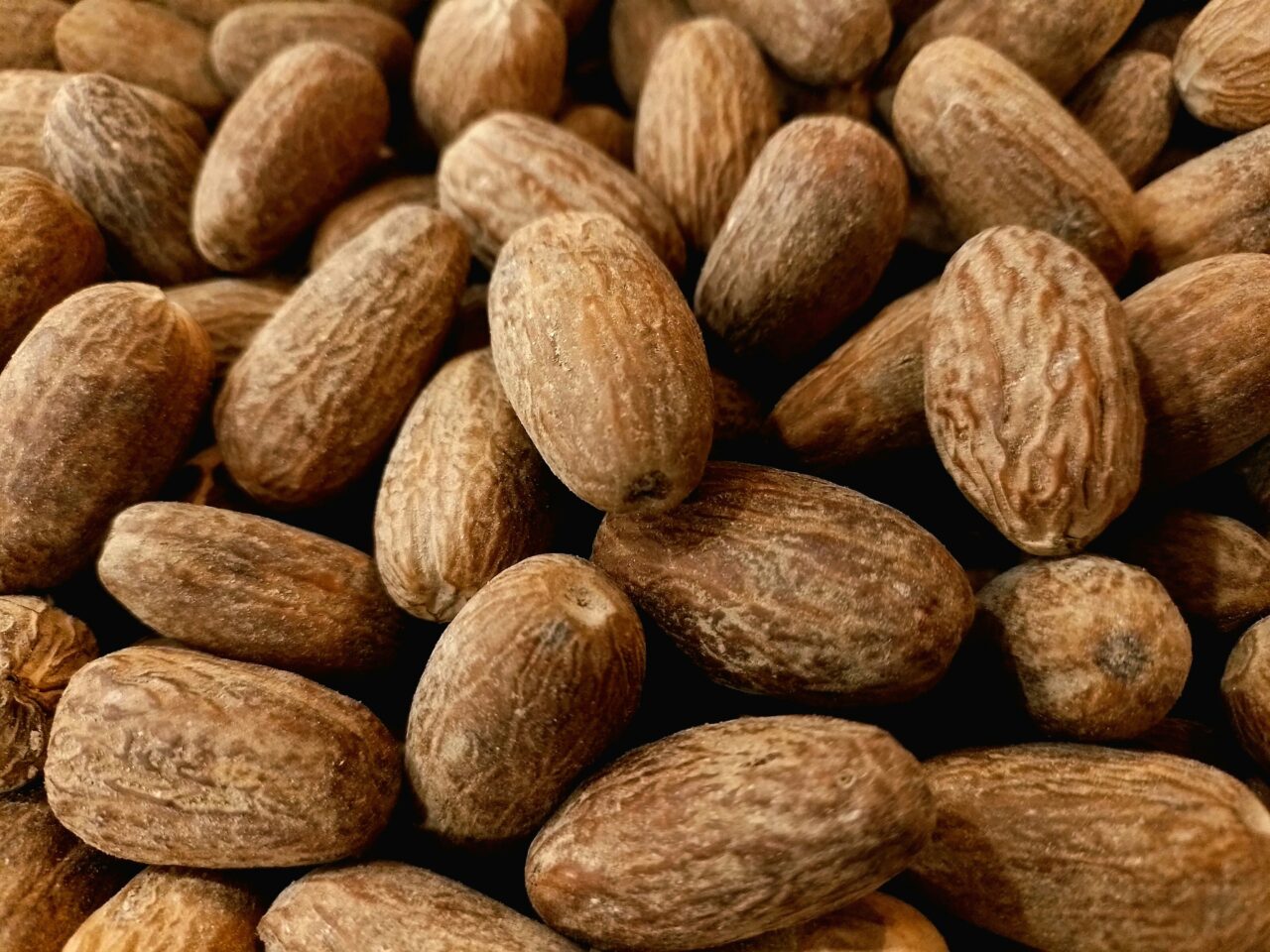
Nutmeg contains myristicin, a compound that can cause serious problems for cats. While it’s not commonly consumed by pets, any exposure should be taken seriously. Keep spices like nutmeg securely stored to avoid accidental ingestion.
15. Macadamia Nuts
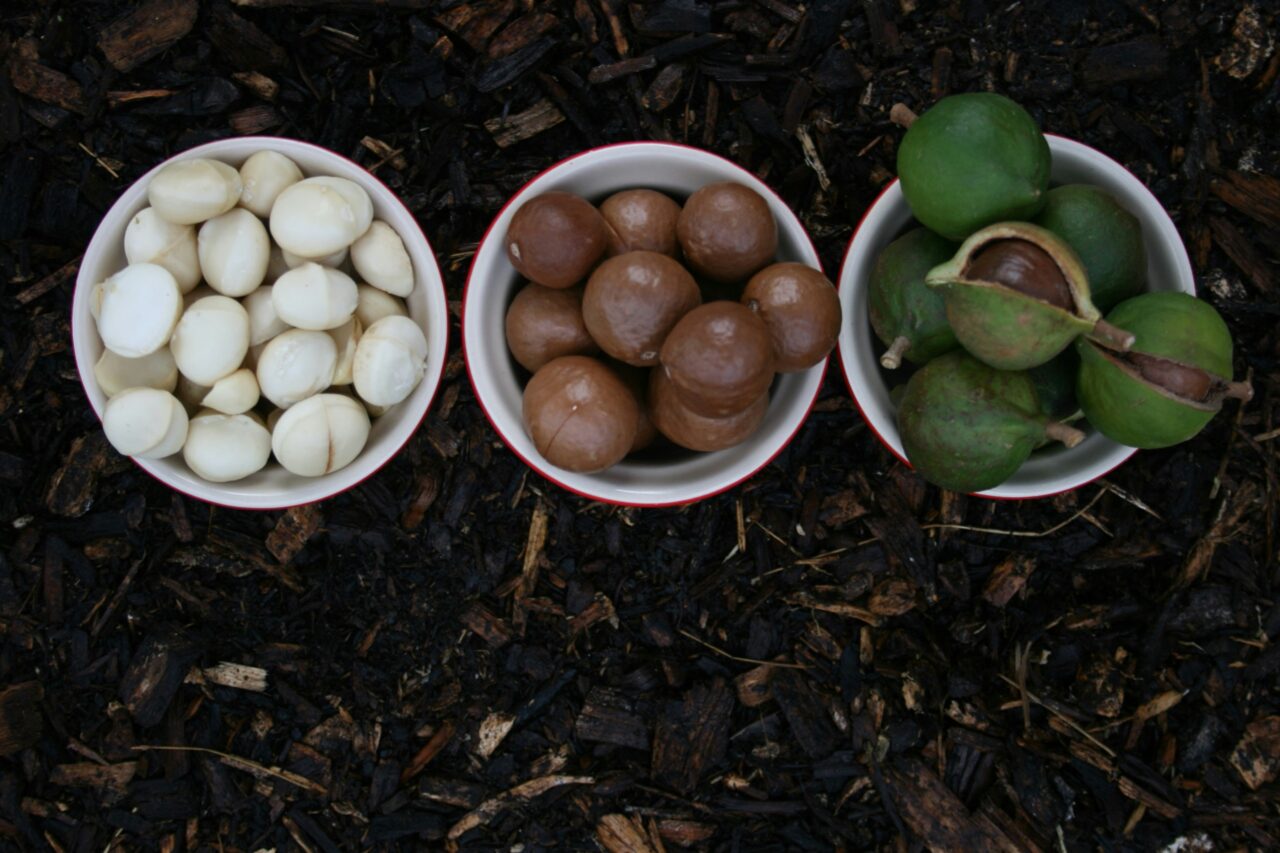
Macadamia nuts are another food that can harm your feline. These nuts can cause weakness and other health issues, likely due to their high-fat content. If you’re snacking on macadamias, be sure to keep your bowl well out of reach.
If your cat ever gets into something they shouldn’t, don’t hesitate to call your vet for advice. With a little caution and care, you can keep your feline friend healthy, happy, and out of trouble.
16. Tuna
While tuna might seem like a feline favorite due to its strong aroma, it’s best kept out of your cat’s daily diet. Consuming tuna regularly can lead to malnutrition because it lacks the essential nutrients that cats need. Additionally, tuna contains high levels of mercury, which can be toxic to cats over time.
Feeding your cat tuna occasionally as a treat is fine, but relying on it as a staple can lead to serious health issues such as mercury poisoning or nutrient deficiencies. Consider choosing cat-specific tuna products designed to be safer for them.
17. Artificial sweeteners
Artificial sweeteners, especially those containing xylitol, are highly toxic to cats. Xylitol can cause a sudden release of insulin, leading to hypoglycemia, which is a dangerous drop in blood sugar levels. Even a small amount can be life-threatening.
Symptoms of xylitol poisoning include vomiting, loss of coordination, and even seizures. If you suspect your cat has ingested any artificial sweeteners, seek veterinary help immediately to prevent serious complications. It’s crucial to keep products containing these sweeteners well out of reach.
18. Tomatoes
While ripe tomatoes are generally safe for humans, they can pose a risk to cats. The green parts of a tomato plant contain solanine, which is toxic to cats when ingested. This can lead to symptoms such as gastrointestinal upset, including vomiting and diarrhea.
In severe cases, ingestion can lead to slower heart rates and other systemic issues. It’s best to keep tomatoes and their plants away from your feline friends. Always ensure that your cat doesn’t have access to these plants, especially if you grow them at home.
19. Chives
Along with their relatives like onions and garlic, chives are harmful to cats. They contain compounds that can damage red blood cells, leading to anemia. The effects might not be immediate but can accumulate over time with consistent exposure.
Symptoms of chive poisoning include weakness, lethargy, and gastrointestinal issues. If you notice these signs, it’s essential to consult a vet promptly. To ensure safety, avoid feeding your cat any foods containing chives or related vegetables.
20. Candy and gum
Candy and gum often contain harmful ingredients like sugar and artificial sweeteners which are not safe for cats. One major concern is xylitol, which is extremely toxic to felines. Ingesting even a small piece can cause rapid insulin release, resulting in low blood sugar levels.
This sudden drop can lead to symptoms like vomiting, weakness, and even seizures. Always keep these items out of your pet’s reach and be mindful of where you store sweets. Ensuring your cat avoids these can prevent serious health issues.
